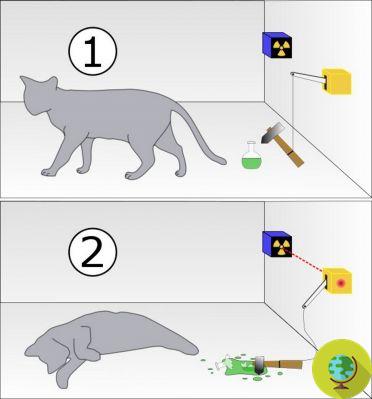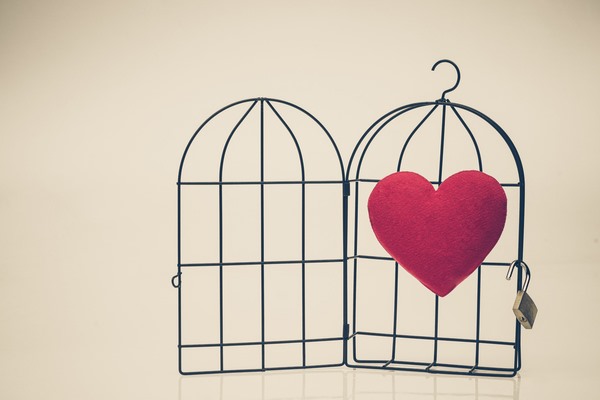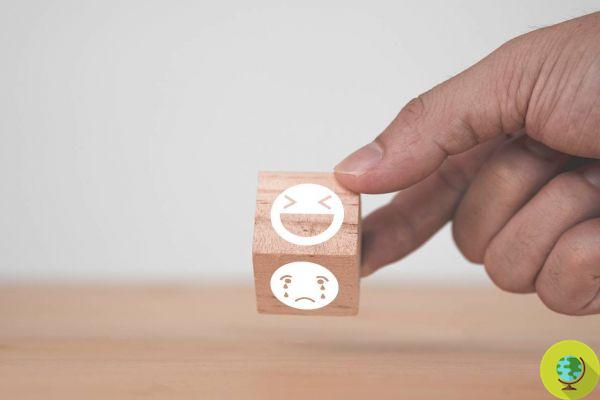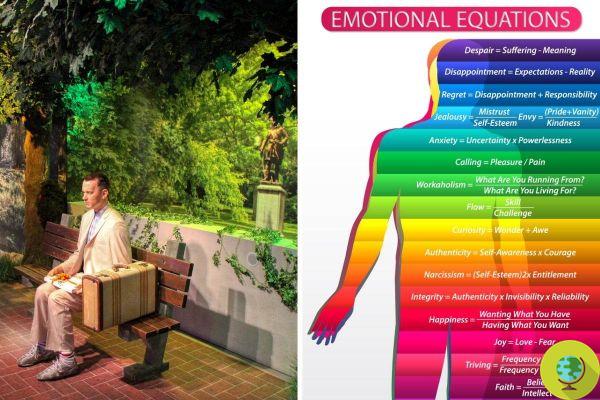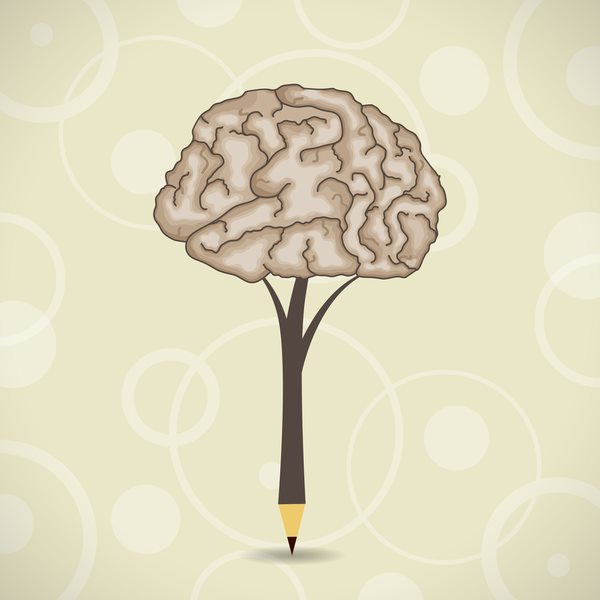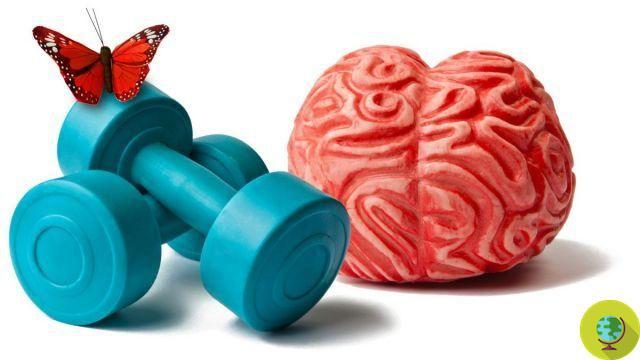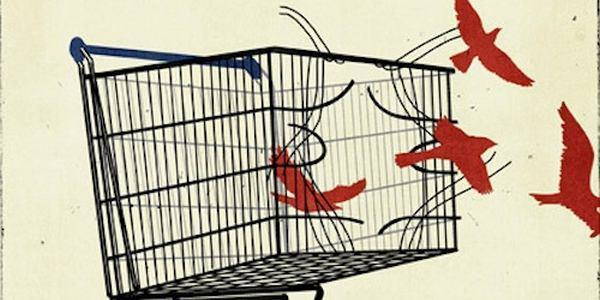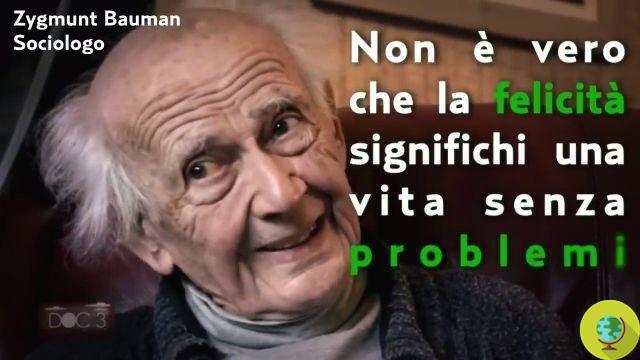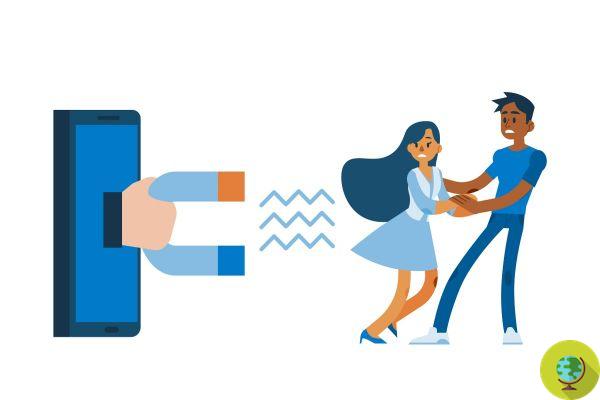Covid has certainly changed a large part of our habits. But what has been the impact of the pandemic on our perception of money and our purchasing behavior? Have we permanently changed our consumption habits or have we already returned to being less prudent?
Don't store avocado like this: it's dangerousWe bought toilet paper even if it were the end of the world and stocked up on yeast and flours that Cannavacciuolo shunned right. While we sang on the balconies, one thing seemed to unite us: life is one and must be lived, better to hold on to what really matters.
This seems to be the lesson that the pandemic would have delivered to us, at least to most of us. Or, at least, so it could be by taking a look at a study that starts from this question: Has Covid made us generally less materialistic?
Well, it seems so. A published Psychology & Marketing analysis that merges three studies, in fact, looked at the impact of the pandemic on materialism, finding an overall decrease in the importance people attach to money.
Materialism, i.e.inclination to have material possessions, refers to the erroneous belief that wealth and consumerism are linked to full personal fulfillment and happiness. In this paper, however, Olaya Moldes and her colleagues looked at the role of the behavioral and emotional changes associated with the pandemic, starting with attitudes towards money and the consumption of things.
A systematic review
The first study looked at the association between materialism and changes due to the pandemic and restrictions: 741 participants from the UK answered questions that assessed:
- materialism (eg "I admire people who own expensive houses, cars and clothes")
- the use of the media (such as the amount of hours in front of the TV or online)
- social isolation
- negative emotions
- stress and anxiety
- perception of COVID-19 as a threat to life
- financial impact of COVID-19
Study 2 looked at changes in the value given to things both during and after the various lockdowns in the UK and participants answered questions related to life's aspirations, including the importance given to money, popularity, self-acceptance. , to the guidelines of the community and to belonging to a group.

©Psychology & Marketing
Study 3 aimed to broaden the insights of Study 2 by collecting publicly available data on shopping behaviors. Specifically, the researchers were interested in examining the rise of "retail therapy" (i.e. spending as a means of dealing with unwanted emotions) during the COVID-19 pandemic by conducting content analysis of tweets containing the hashtag # retail therapy. The data was collected in two moments, from January 2018 to March 2020 and from March 2020 to June 2021, allowing researchers to "detect and compare any changes in consumption".
The result? Overall, most people have moved on to worry less about money and material gains and have rated goals such as "financial success" or "having a good paying job" of less importance than before. Other social values that have to do with self-acceptance and sharing our lives "with someone I love" have remained the same.
We believe these changes can be explained by other factors related to the pandemic. For example, COVID has focused attention on the importance of health. Furthermore, advertising and social media have promoted social values such as solidarity and facing the challenges of a shared experience, the authors conclude.
The answer then is yes, Covid has probably taught us to enjoy the little things more. In short, this research confirms it: the constant search for material goods in the long run leads to lower levels of happiness and less satisfaction with life, as well as causing negative moods and anxiety.
Follow your Telegram | Instagram | Facebook | TikTok | Youtube
Fonte: Psychology & Marketing
Read also:
- Because money doesn't really bring happiness. The Easterlin paradox
- 10 things to give up to be truly happy
- The Happiness Curve: Find out at what age you will be happiest
- 7 good (and simple) habits that raise your happiness level





